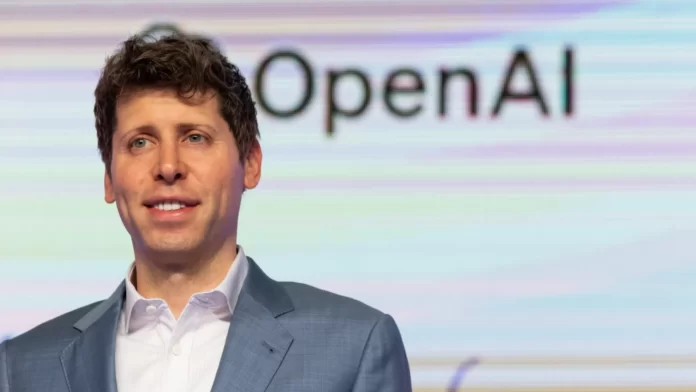OpenAI has revised its governance structure, confirming that its nonprofit parent will continue to oversee and control the for-profit business, while also becoming a major shareholder.
The move reverses a previously announced plan to shift to a public benefit corporation structure that would have diluted the nonprofit’s control in favor of greater fundraising flexibility.
CEO Sam Altman said in a blog post that the company remains a nonprofit and will stay that way, noting, “That will not change.” The revised plan comes after criticism from civil society groups and discussions with the Attorneys General of California and Delaware.
Board Chair Bret Taylor stated the new approach maintains a structure “extremely close” to the current one.
The updated structure still allows OpenAI to pursue its capital-raising goals.
Altman said the decision was “a compromise” that satisfied investors and would help OpenAI raise the necessary funds to advance its artificial intelligence efforts. He added that the company will work with stakeholders, including Microsoft and nonprofit commissioners, to finalize the governance and determine equity distribution.
The announcement arrives amid an ongoing legal dispute with Elon Musk, who co-founded OpenAI and has filed a lawsuit seeking to block the shift away from nonprofit control. His attorney confirmed the lawsuit would proceed, citing concerns about the reduced nonprofit equity stake and transparency of the governance changes.
OpenAI’s previous plan to convert its for-profit entity into a public benefit corporation had been designed to attract new funding, including a reported $40 billion round led by SoftBank. That effort was contingent on a full for-profit transition, but Altman said Monday’s decision would not hinder future fundraising.























